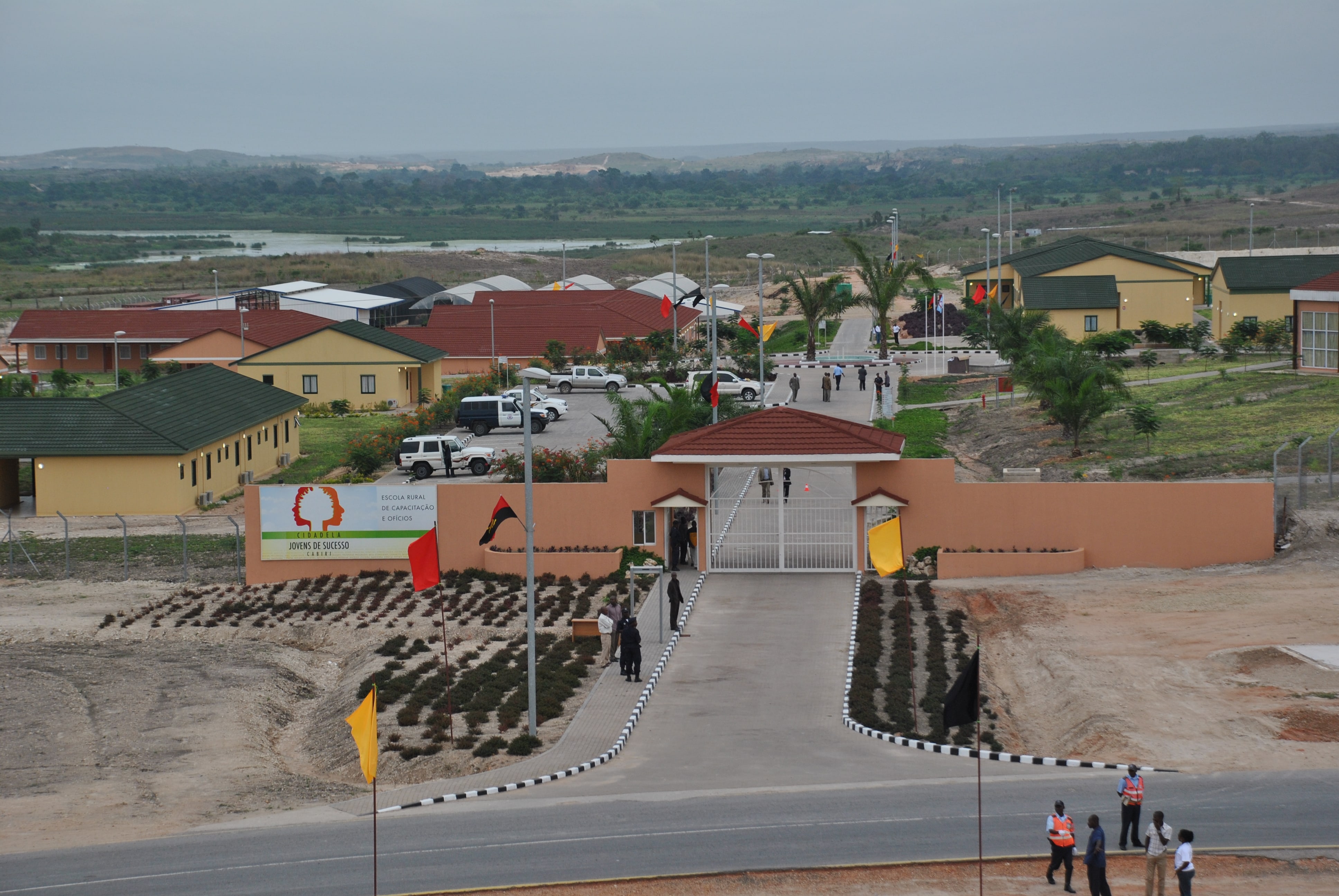Green Innovations invested in Focus Education, a shared company based in Angola. This investment allowed Focus to plan, build and run the Youth Villages project in Angola in partnership with the Angolan Ministry of Public Administration, Work and Social Security. In operation since 2011 and active in two provinces, the Youth Villages are helping to weave a healthy, more peaceful and inclusive Angolan society by integrating and empowering disadvantaged young people for work and life success.
The Youth Villages project provides an educational platform for at-risk youth, including specialized vocational studies and technical skills-building across a range of subjects relevant for the region: agriculture and livestock management, electrical engineering, carpentry, and secretarial/administrative training in a three-year program.
In addition to these important professional tools to start a new future, the students (primarily boy aged 10 to 14 years), count on emotional support and human empathy through a “mothers’ home” approach. Up to the present, from the 800 students admitted, 95% have graduated, about 150 were integrated in professional internships and all of these students have as a result, found paid jobs.
According to the Project Director of Cabiri Village, Miguel Júlio: “The students find in these Villages learning and professional opportunities that don’t exist elsewhere nearby and this opens their horizons for a future beyond family subsistence agriculture". The director adds that from the alumni contacted in the short to mid term after graduation, he had not heard of graduates forced to return to their families’ fields and work as subsistence farmers. Rather, he says that the majority successfully progress in their studies, attend advanced training or find a job directly.
As reported on the ground, local businesses have absorbed many graduates from the Village program. For example, a local tomato paste factory hired students who had learned to make paste and jam in the Village, creating a product which is marketed and sold to local consumers, vendors and businesses. This skill is turned into a source of income to cover part of the daily expenses of the school.
Several graduates thrive as entrepreneurs, having created their own businesses, individually or in partnerships—often fellow students. Thus, the economic tissue of the region has been strengthening and diversifying, as young professionals fill market gaps with new services, consumer goods, and relationships.
When considering that by 2055 according to the African Development Bank, the African youth population aged 15-24, is expected to reach almost 500 million or twice as much compared to 2015 levels, and that in 2015 at least 12 million young people entered Africa’s labor force but only 3.1 million jobs were created—the positive impacts of this project are both timely and invaluable.
Besides these economic aspects, positive impacts of employment, training, and local market development, the Youth Village actively seeks to strengthen the fabric of relationships: engaging the boys’ families in their education and social integration process, addressing difficulties of the family context might be with professional help as needed (through counselling for example). Families’ are positively impacted as they recognize the changes of behaviour in their children—who often find themselves with new self confidence, pride, and ambition—this optimism and readiness for the future positively influences siblings, parents, and the community. Crucially, more than the basic knowledge and professional training offered, the students in the Youth Village gain skills for life and a set of values to make them citizens of the world, that will help them trailblaze their paths to a more hopeful future. Read,João’s story.here. To know more about Youth Villages, watching this video.
